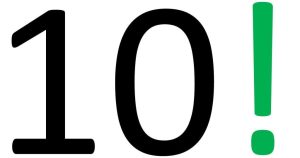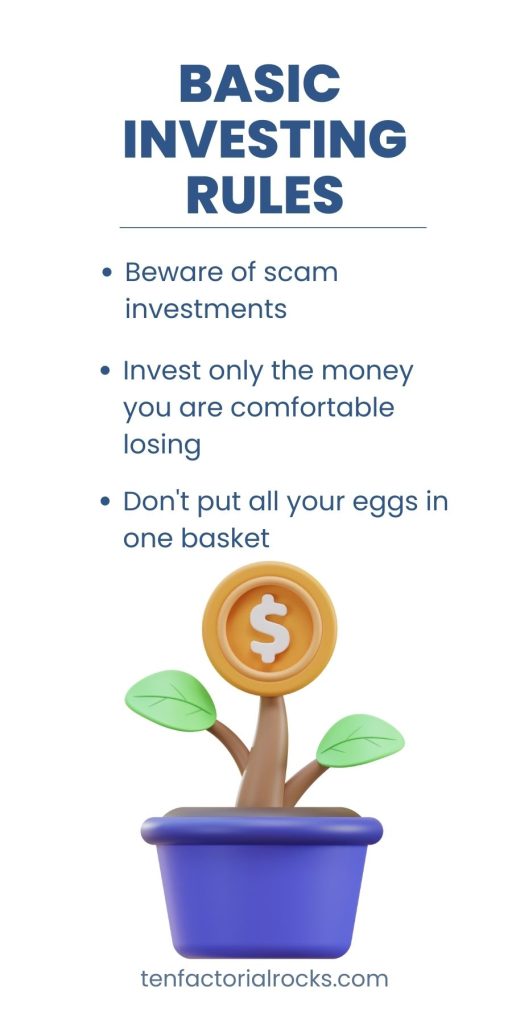When people think about bank accounts do you consider just checking and savings accounts because these are the two most commonly used by most? Perhaps many people don't even know the different types of accounts banks can offer and have for the benefit of people who want accounts of various types.
Bank deposits are usually defined as money being placed in banking institutions for safekeeping. The account holder has the authority to withdraw the money deposited according to the terms and conditions of the agreement governing the account. However, it would be wrong to assume that banks only have two varieties of accounts which they can offer.
[su_quote cite="Ralph Nader" class="cust-pagination"]John D. Rockefeller wanted to dominate oil, but Microsoft wants it all, you name it: cable, media, banking, car dealerships. [/su_quote]
What Are Bank Deposits?
A bank deposit is a liability which is owed by the bank to the account holder. It is referred to as a liability despite the account holder surrendering the title of the cash to the bank and agreeing to make the cash an asset of the bank. The fact that the account holder has an opportunity to withdraw the money according to his or her requirements is perhaps the reason why the deposit made with the bank is called as a liability.
There are several types of deposit accounts which are offered by banks and we are listing the deposits for your benefit.
Current Account Deposit

Current accounts are also known as demand accounts and these are just like a basic checking account. Consumers deposit money into the account and have an opportunity to withdraw it as required or on demand. The account holder will be able to withdraw the money using ATM cards, checks or over-the-counter withdrawal slips. Banks may charge monthly fees for current accounts in certain cases but instances of banks waiving the fees when account holders meet the stipulations laid down by the bank are also quite common.
Savings Accounts
Account holders benefit from the interest that is paid on their deposits by banks on savings accounts. Account holders are also made liable for certain fees if they do not maintain a minimum balance or a set number of deposits. Savings accounts are not linked to ATM cards are paper checks as with current accounts but account holders usually have no difficulties in accessing their funds.
Time Deposit Accounts
These are similar to savings accounts with a slight difference. They are an investment vehicle for consumers and are also identified by the term certificates of deposit [CD]. Time deposit accounts offer better returns than savings accounts but the money must be left in the account for a certain period of time. Time deposit accounts are also known as term deposits, fixed term deposits and savings bonds in other countries.
Call Deposit Accounts

Most financial institutions refer to accounts like these as interest-bearing checking accounts, checking plus or advantage accounts. Call deposit accounts combine the features of savings and checking accounts and allow consumers easy to access their money while also earning interest on their deposits.
The Federal Deposit Insurance Corporation
The federal deposit insurance Corporation is the provider of deposit insurance which can guarantee the deposits of member banks up to a figure of $250,000 for every depositor per bank. Member banks are required to display visible signs to the general public to state that all deposits are backed by the full faith and credit of the government of the United States.
[su_quote cite="Philip K. Dick" class="cust-pagination"]The trouble with being educated is that it takes a long time; it uses up the better part of your life and when you are finished what you know is that you would have benefited more by going into banking. [/su_quote]
As it can be seen banking institutions have a lot more to offer than just savings and checking accounts. People who are interested in depositing large sums of money can certainly get into a discussion with a bank of their choice after confirming it is fully backed by the federal deposit insurance Corporation because it is a guarantee of sorts which will ensure their money is in safe hands. Banks that are not accredited by the FDIC should be avoided particularly the economic meltdown which has been haunting various parts of the globe and making it difficult for banks to honor commitments they had made.

